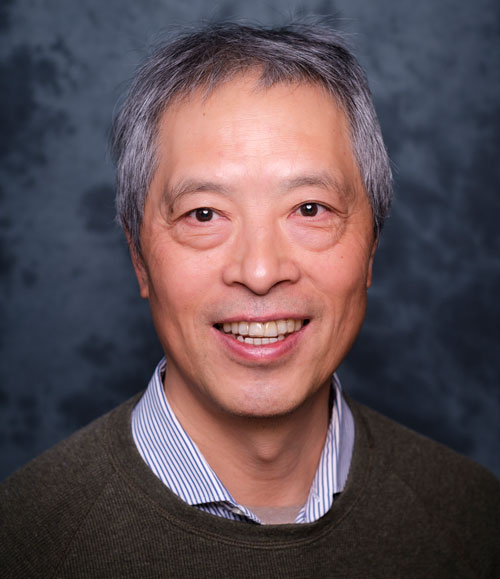Dr. Jiquan Chen

- University Distinguished Professor
- Geography, Environment, and Spatial Sciences
- Geography Building, 673 Auditorium Road, Room 213, East Lansing, MI 48824
- Manly Miles Building, 1405 S. Harrison Rd, Room 201, East Lansing, MI 48823
- 517-884-1884
- jqchen@msu.edu
Areas of study
Biography
A native of Shanxi in Northern China, Dr. Chen received his undergraduate education in grassland ecology (Inner Mongolia University), MS in forest ecology (Chinese Academy of Sciences), and Ph.D. in ecosystem Analysis (University of Washington). His postdoc training was in stream ecology and ecosystem management. He was a Bullard Fellow at Harvard University (1999-2000). He was on the faculty at Michigan Tech University (1993-2001) and University of Toledo (2001-2014).Research interests and topics
His research and academic instruction programs are on ecosystem processes and their interactive feedbacks to the biophysical and human forcing, including community ecology to 3-D canopy structure, forest fragmentation, edge effects, riparian zone, conservation biology, landscape ecology, micrometeorology, and biophysics. His current research lies in the coupled effects of global climate change and human activities on terrestrial ecosystems, global change ecology, bioenergy, carbon/water fluxes, and biophysical modeling. He will be teaching special topics on coupled human and natural systems, environmental instrumentations, biophysical models in ecosystem analysis, and global change science. He is a fellow of the American Association for the Advancement of Science (AAAS, 2011) and a fellow of the Ecological Society of America (ESA, 2014).
Dr. Chen is also the Editor-in-Chief for Ecological Processes (Springer Nature) and a book series of Ecosystem Science and Applications (HEP & MSU Press). He is the founder and the chief scientist of the US-China Carbon Consortium (USCCC). He enjoys Thai Chi practice and Buddha Meditation. He is also a member of the Ecology, Evolutionary Biology, and Behavior (EEBB) Graduate Program and the Environmental Science & Policy Program (ESPP).

